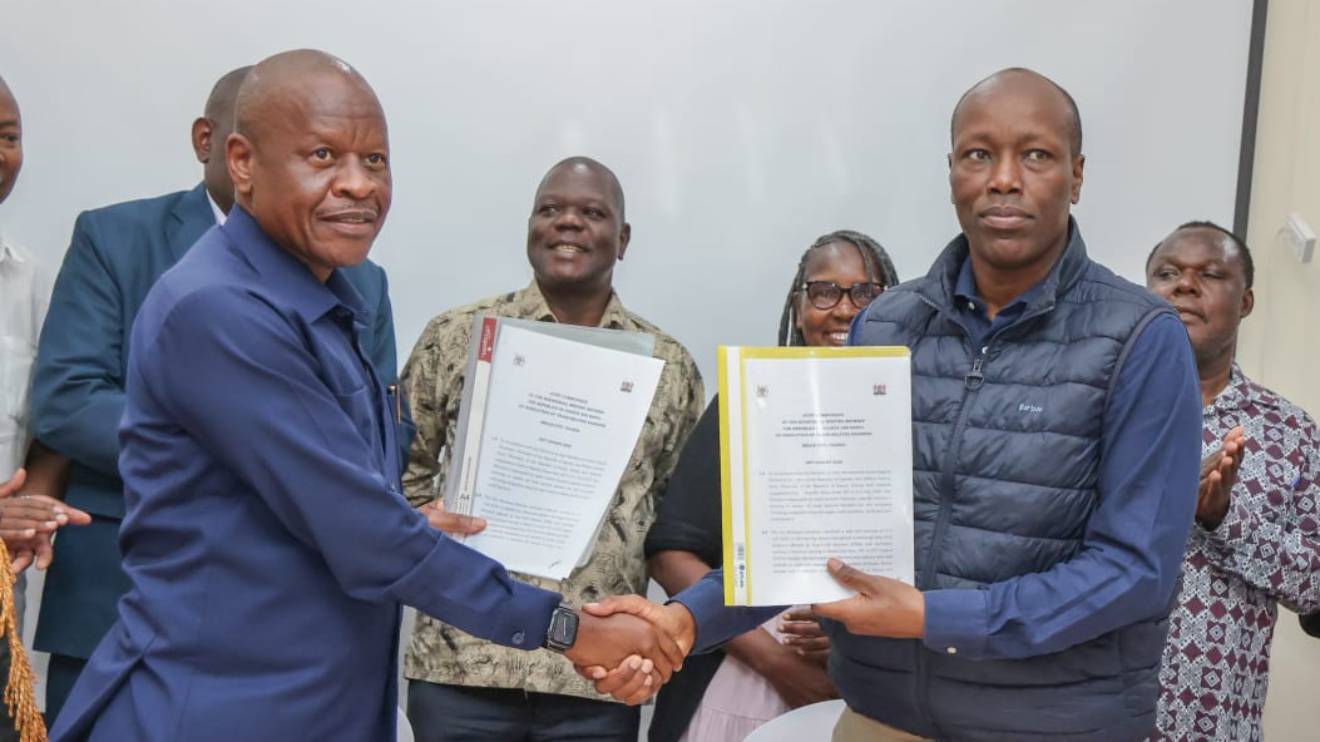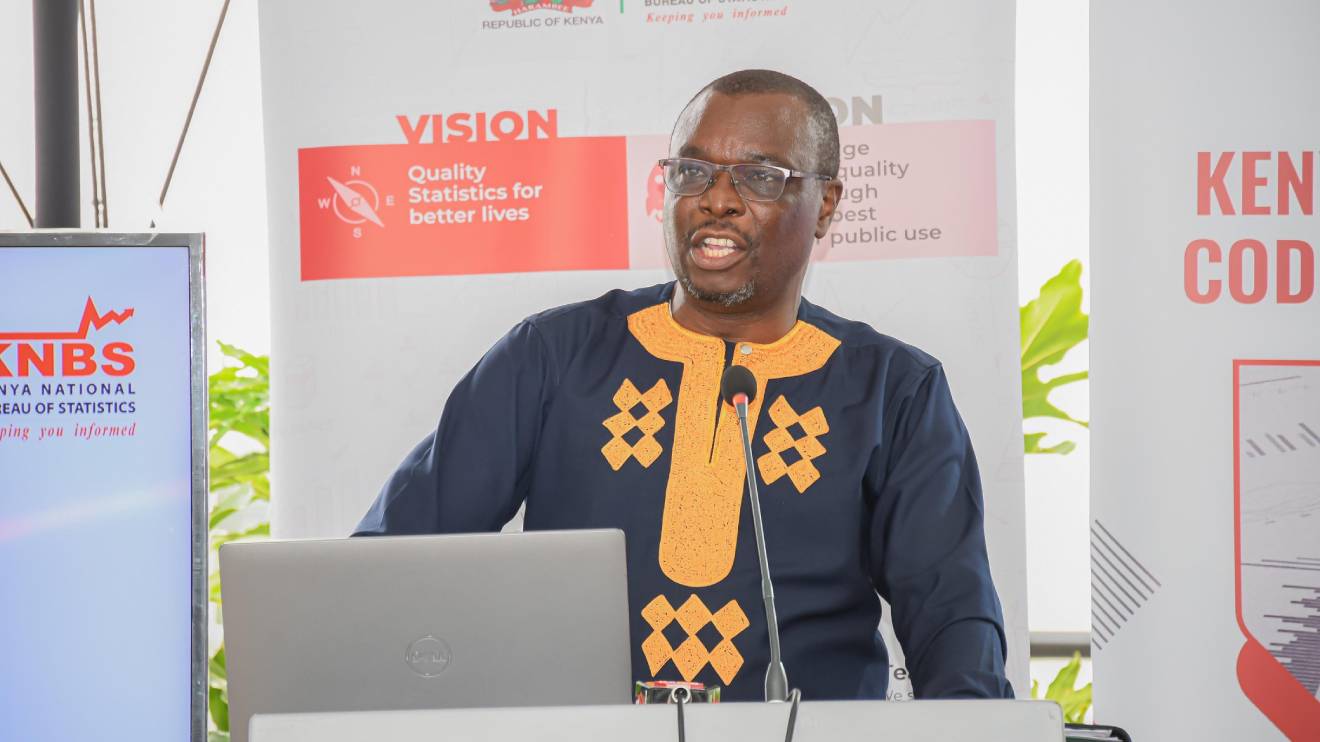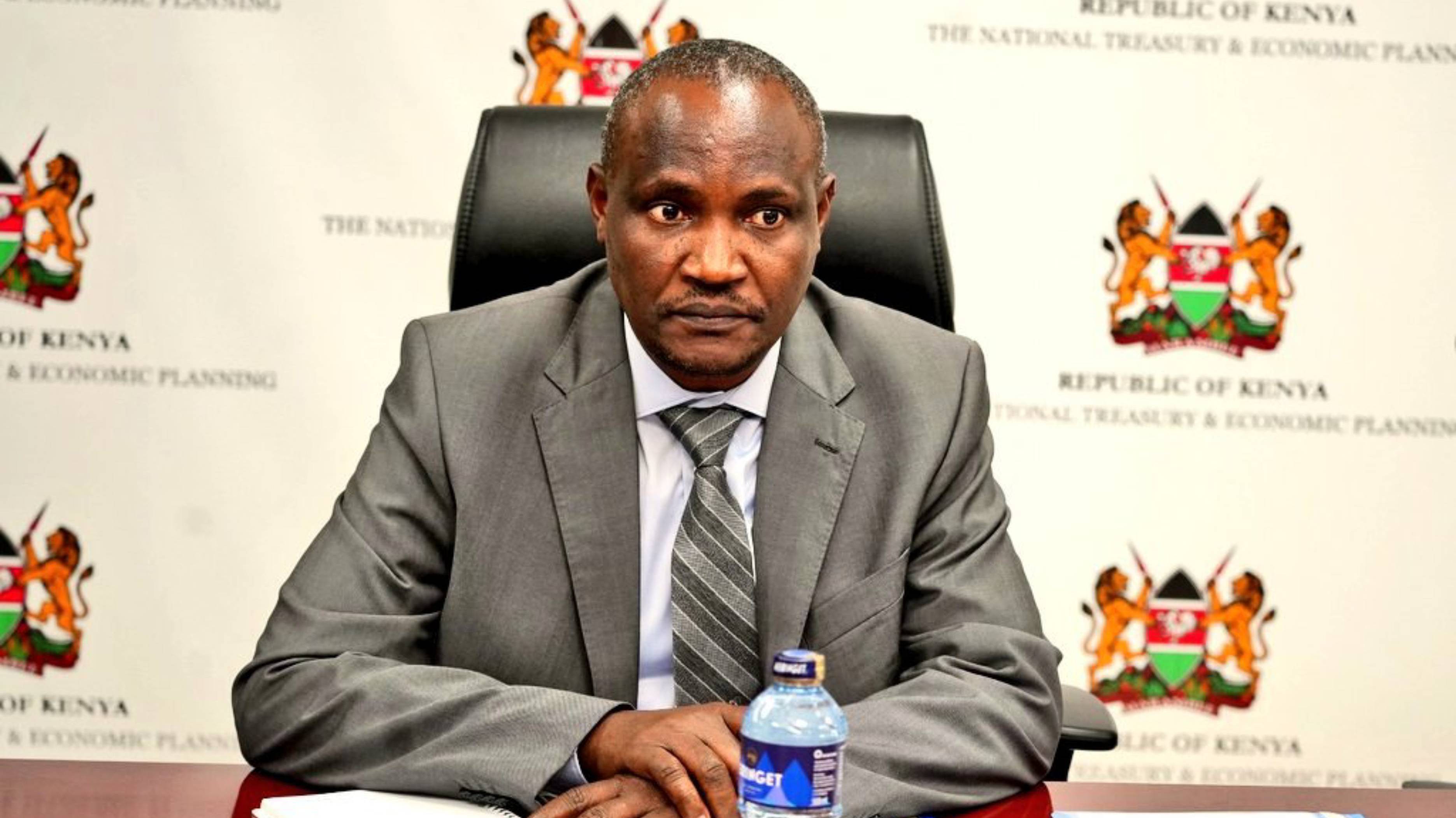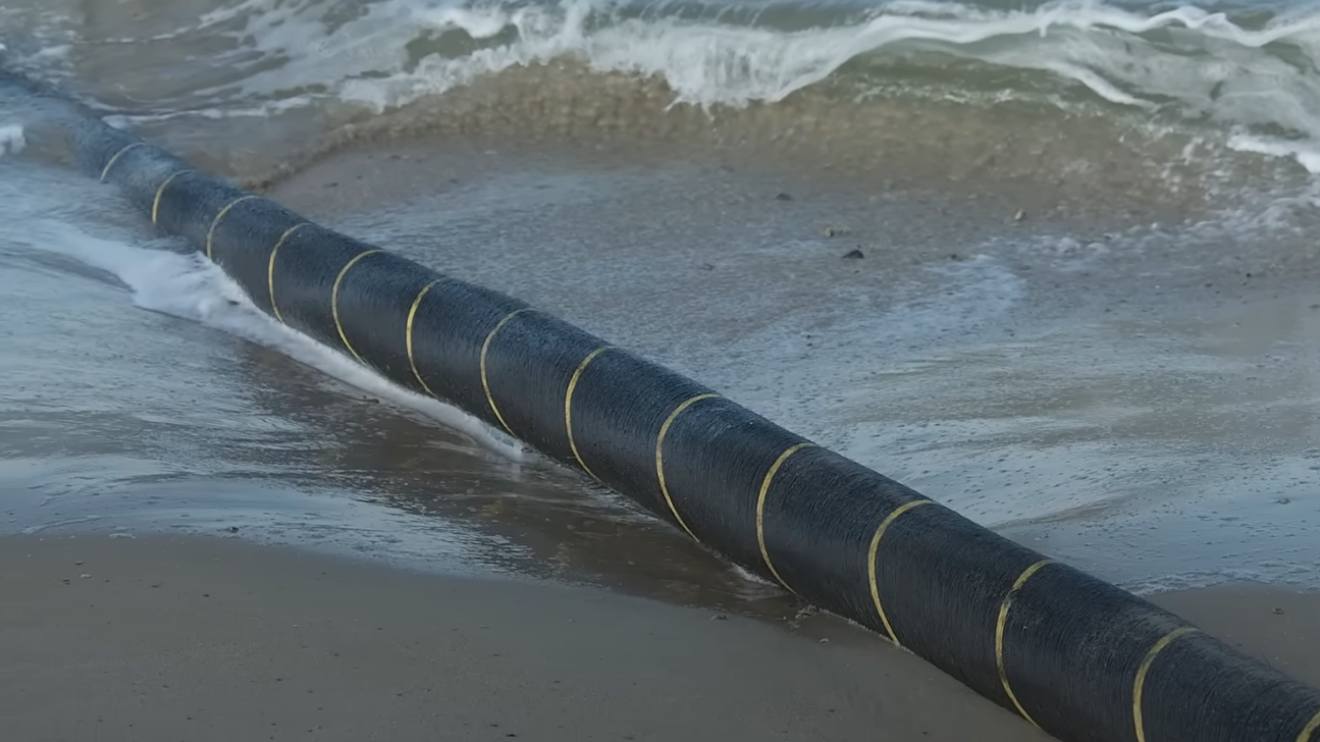Kenya's energy sector has demonstrated robust growth in the first half of the financial year 2024/2025, characterised by increased electricity generation, a substantial contribution from renewable energy sources, and rising demand in the petroleum sector.
According to a report by the Energy and Petroleum Regulatory Authority (EPRA), the country's electricity generation saw a 6.13 per cent increase, with total energy generated reaching 7,222.37 GWh.
This surge is attributed to heightened demand driven by economic expansion and a growing customer base.
"As economic activities expanded, energy utilization across the country saw a notable increase compared to a similar period in the previous financial year, with half-year consumption reaching 7,222.37 GWh," stated Daniel Kiptoo Bangoria, the Director General of EPRA.
Renewable energy sources played a pivotal role, contributing 81.16 per cent to the nation's energy mix.
Read More
Geothermal energy led the way, accounting for 39.81 per cent of total electricity generation, followed by hydro generation at 24.74 per cent and wind generation at 13.46 per cent.
The installed geothermal capacity reached 943.7 MW, with 2,875.33 GWh of energy generated from geothermal resources.
Hydro power plants contributed 1,786.90 GWh, and wind generation supplied 971.9 GWh to the national grid.
The country also increased its electricity imports, which accounted for 10.41 per cent of total consumption, up from 6.16 per cent in the previous financial year.
This rise is largely due to the full operational commencement of electricity imports from Ethiopia and the initiation of energy exchange with Tanzania on December 13, 2024.
“This increase is primarily due to the full commercial operation of electricity imports from Ethiopia during the review period,” the report elaborated.
In the petroleum sector, overall domestic demand for petroleum products increased by 7.12 per cent to 2,911,214.12 m3.
This growth is supported by increased activity in the transport sector, with a growing interest in autogas as an alternative transport fuel.
The report also highlights the increasing prominence of electric mobility in Kenya, with e-mobility electricity consumption rising to 1.80 GWh.
The EPRA has been proactive in supporting this transition, including the introduction of a discounted e-mobility tariff in April 2023 and ongoing studies to establish appropriate tariffs for public charging stations.
“In line with global energy transition trends, the Authority has been actively working with the e-mobility industry to drive adoption,” stated John Mutua, Director of Economic Regulation and Strategy.
Despite these advancements, the report indicates that 24.2 per cent of the total energy purchased by the national utility was lost, marking a one-percentage-point increase from the previous year.
The Energy and Petroleum Regulatory Authority is established under the Energy Act, 2019, and is responsible for the economic and technical regulation of the electricity, renewable energy, petroleum, and coal sectors.
The authority is committed to promoting innovation, sustainability, and collaboration to steer the energy industry towards a more sustainable and resilient future.







-1755100273.jpeg)


